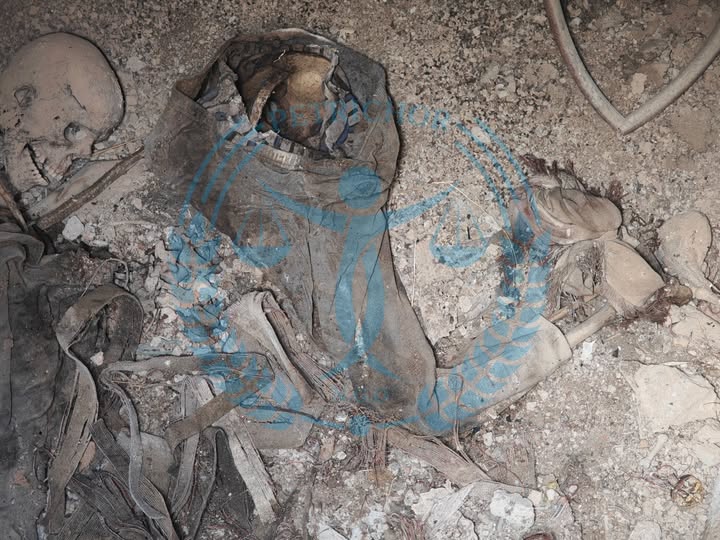سما
كشف خيري علي، رئيس منظمة بتريكور لحقوق الإنسان، عن العثور على رفات بشرية داخل خزان للمياه الثقيلة في باحة أحد المنازل بمجمع تلبنات في سنجار، بناءً على بلاغ من السكان المحليين.
ويُرجح أن هذه الرفات تعود لضحايا الحقبة التي شهدت سيطرة تنظيم داعش على المنطقة.وأكّد علي أن فريق المنظمة تمكن من توثيق الموقع وإعداد تقرير شامل يتضمن الإحداثيات والصور والمعلومات اللازمة.
وستقوم المنظمة بإحالة كافة التفاصيل إلى الجهات المعنية لاتخاذ الإجراءات القانونية والكشف عن هوية الرفات.
وفقاً لإحصائيات منظمة بتريكور لحقوق الإنسان، تم حتى الآن توثيق 93 مقبرة جماعية في سنجار تعود إلى هجوم داعش عام 2014، منها 38 مقبرة لم تُفتح حتى الآن، ما يسلط الضوء على استمرار معاناة أهالي المنطقة من إرث تلك الجرائم الوحشية.

